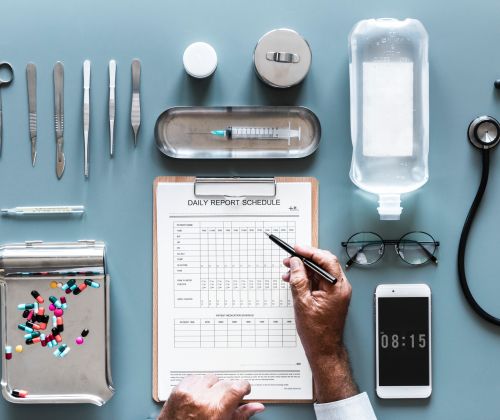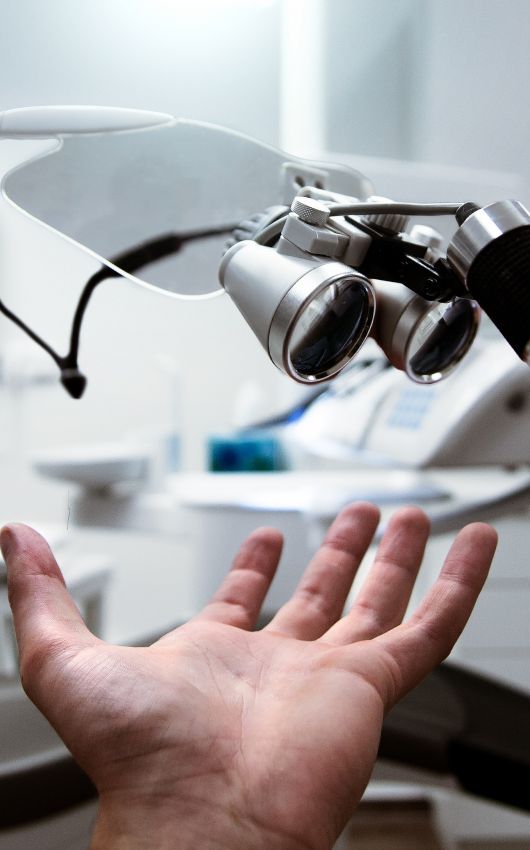Clinical Trial
Guidelines On What To Expect
Trial
CBDual Mouthwash
Date
TBD
Sign Up For Our Clinical Trial
What you should know
before volunteering for a Clinical Trial
It is extremely important to make an educated decision before deciding to volunteer for a clinical trial. This is why potential participants should prepare by asking the right questions before making a decision. There are many common questions potential volunteers should ask before participating in a study. Here are some of the most important ones.
- What is a clinical trial?
- Who can participate in a clinical trial?
- How do clinical trials work?
- What questions should I ask before choosing to participate in a clinical trial?
- What can I expect if I choose to participate in a clinical trial?
- What is informed consent and what should I know about it?
- What are the benefits and risks of participating in a clinical trial?
- Does my personal information remain confidential and private?
- What happens after a clinical trial?
What is a Clinical Trial?
Clinical trials are studies which explore specific medical treatments on study participants. These studies are completed to see if certain treatments and/or procedures are safe for humans. A clinical study measures the effectiveness of a treatment and also analyzes various different medical approaches to see what works best for certain patients and conditions. These types of research studies are administered by physicians and other research professionals.
Most clinical trials have 3 phases: I, II, and III. However, some clinical trials have an early stage which is called phase 0, while others may also have a final stage (stage IV) which is completed after the drug has been licensed and distributed to the public.
Who Can Participate in a Clinical Trial?
Clinical trials are studies which explore specific medical treatments on study participants. These studies are completed to see if certain treatments and/or procedures are safe for humans. A clinical study measures the effectiveness of a treatment and also analyzes various different medical approaches to see what works best for certain patients and conditions. These types of research studies are administered by physicians and other research professionals.
Most clinical trials have 3 phases: I, II, and III. However, some clinical trials have an early stage which is called phase 0, while others may also have a final stage (stage IV) which is completed after the drug has been licensed and distributed to the public.
How Do Clinical Trials Work?
In clinical trials, volunteers are assigned a specific study group. Some volunteers may receive an investigational treatment while other volunteers may receive a placebo or other form of available treatment. Placebos are forms of treatment which have no therapeutic value. They are inactive products which are used to examine the effectiveness of the treatment a study is researching. In certain clinical studies, the study participants and research professionals may not know which participants get the placebo and which ones get the active treatment. This allows research professionals to objectively observe the study’s participants.
What Questions Should I Ask?
Before Choosing to Participate in a Clinical Trial?
Before participating in a clinical trial, it is recommended that patients speak with their doctor or health care professional to determine if it is safe for their health. It is important for volunteers to know as much as possible about the study as well. This also includes doing research about the staff, facility, and research team who will be conducting the study
Some common questions volunteers should ask before choosing to participate in a clinical study include:
- How long will the clinical trial last?
- Where will the trial be conducted?
- What treatments will be used during the study, and how will they be used?
- What is the main purpose or goal of the trial?
- How will each patient’s safety be monitored?
- Will this clinical trial include a placebo?
- Are there any risks involved with the trial?
- What are the possible benefits of participating in the clinical trial?
- Are there alternative treatments besides the one being tested in the trial, and what are they?
- Is the trial being sponsored, and by who?
- What types of treatments will I receive during the clinical trial?
- Am I responsible for paying for any parts of the trial?
- What happens if I am harmed or my health is put at risk by the trial?
- Can I remain on this treatment even after the trial has been completed?
What Can I Expect?
If I Choose to Participate in a Clinical Trial?
Once a participant is enrolled in a study, he or she may receive a physical examination. Participants may also have their medical histories reviewed by research staff members or the study physician. Detailed descriptions of the specific information regarding the study as well as what is expected of volunteers are outlined in consent forms.
What Is Informed Consent
& What Should I Know About It?
What Are the Benefits
& Risks of Participating in a Clinical Trial?
Possible benefits for volunteers participating in clinical studies include:
- Allows patients to play active roles in their health care.
- Gives patients access to treatments before they are made available to the public.
- Provides patients with medical care at health care facilities while the trial is being conducted.
- Gives patients access to treatment at a low or free cost.
- Helps others with similar conditions and illnesses by contributing to important medical research.
Possible risks for volunteers participating in clinical studies include:
- Participants may experience serious side effects from the experimental treatment.
- The treatment may not be effective.
- The cost of certain aspects of the study may not be covered by certain insurance providers.
- The study may require excessive trips to the study site, additional treatments and hospital visits, or dosage requirements which can be complicated and complex.
Does My Personal Information
& Risks of Participating in a Clinical Trial?
What Happens After A Clinical Trial?
After the study phase of a clinical trial is completed, the data is collected to determine the effectiveness of a drug, its side effects, and if it is safe to use. Based off of these results, researchers then determine if they should move on to the next phase of the study or stop testing it altogether. After phase III of the study, researchers determine whether the results are sufficient enough to submit to medical journals for peer-review. The results may also be submitted for approval to the Food and Drug Administration (FDA).
If the FDA approves a drug, further studies that compare the new drug to other drugs already available on the market may be conducted. These studies typically include comparing a drug’s safety, long term-effectiveness, cost, and impact on the quality of a person’s life to other drugs on the market.

